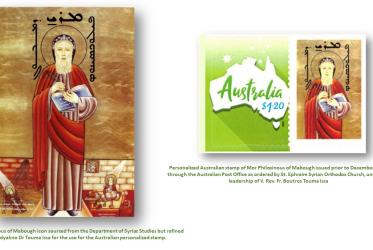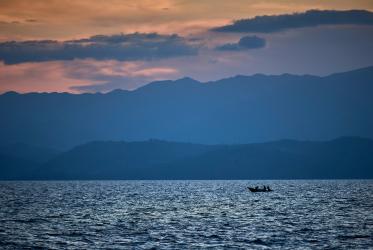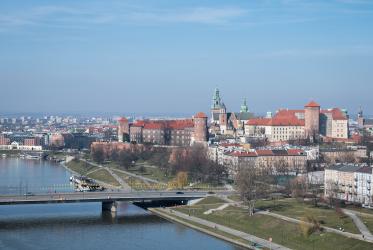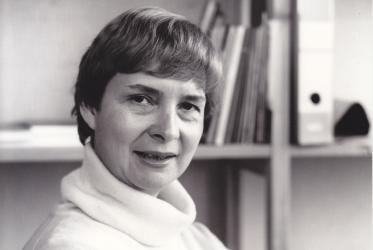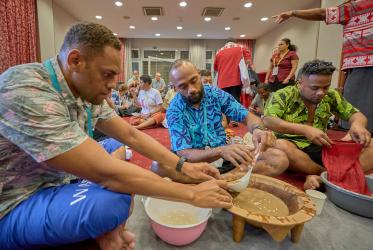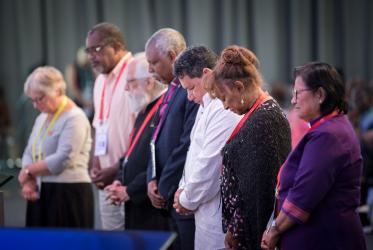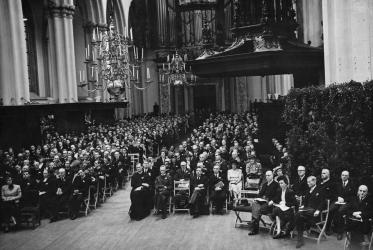Displaying 1 - 20 of 279
Ukraine: Responding to humanitarian need
08 September 2022
Regionale Perspektiven auf der 11. ÖRK-Vollversammlung
07 September 2022
Uppsala 1968: The times, they were a’changing
06 September 2022
WCC 11th Assembly elects eight new presidents
05 September 2022
Regional perspectives brought to the 11th Assembly
05 September 2022
